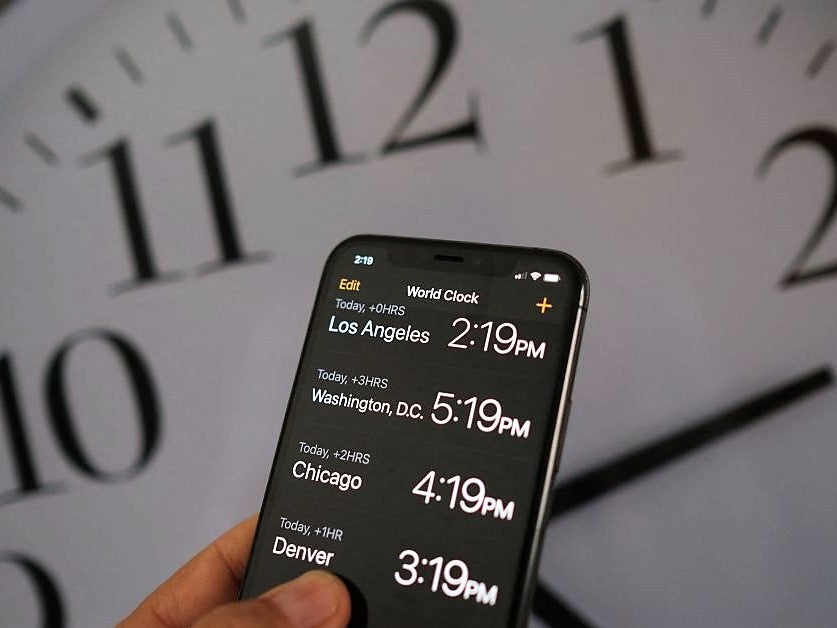Tech giants campaign to stop ‘devastating’ leap seconds
‘Introducing new leap seconds is a risky practice that does more harm than good,’ Meta says

Your support helps us to tell the story
From reproductive rights to climate change to Big Tech, The Independent is on the ground when the story is developing. Whether it's investigating the financials of Elon Musk's pro-Trump PAC or producing our latest documentary, 'The A Word', which shines a light on the American women fighting for reproductive rights, we know how important it is to parse out the facts from the messaging.
At such a critical moment in US history, we need reporters on the ground. Your donation allows us to keep sending journalists to speak to both sides of the story.
The Independent is trusted by Americans across the entire political spectrum. And unlike many other quality news outlets, we choose not to lock Americans out of our reporting and analysis with paywalls. We believe quality journalism should be available to everyone, paid for by those who can afford it.
Your support makes all the difference.US tech giants and timekeeping authorities have launched a campaign to scrap the leap second, warning of “devastating” risks if the practice continues.
Amazon, Google, Meta and Microsoft joined the US National Institute of Standards and Technology (NIST) and France’s Bureau International de Poids et Mesures (BIPM) in calling for the extra second that is occasionally added to clocks to be ditched.
The concept was first introduced in 1972 in order to keep Coordinated Universal Time (UTC) in sync with the long-term slowdown of the Earth’s rotation, making it easier for scientists and astronomers to make observations.
It has since been used 27 times, however the industry effort plans to prevent any further leap seconds from being added in order to avoid major issues that arise with computer networks when one is introduced.
Previous disruption has included a massive outage with Reddit in 2012, as well as problems with web performance firm Cloudflare, whose technology is used to support millions of websites.
“Introducing new leap seconds is a risky practice that does more harm than good, and we believe it is time to introduce new technologies to replace it,” Meta wrote in a blog post on Monday.
“As engineers at Meta, we are supporting a larger community pust to stop the future introduction of leap seconds and remain at the current level of 27, which we believe will be enough for the next millenium.”
Meta engineers also warned that the Earth’s changing rotation pattern could result in a negative leap second at some point in the future, which could cause even more issues.
“The impact of a negative leap second has never been tested on a large scale; it could have a devastating effect on the software relying on timers or schedulers,” the blog post stated.
“In any case, every leap second is a major source of pain for people who manage hardware infrastructures.”
The issue will be discussed at a meeting of the International Telecommunications Union next year.
Join our commenting forum
Join thought-provoking conversations, follow other Independent readers and see their replies
Comments